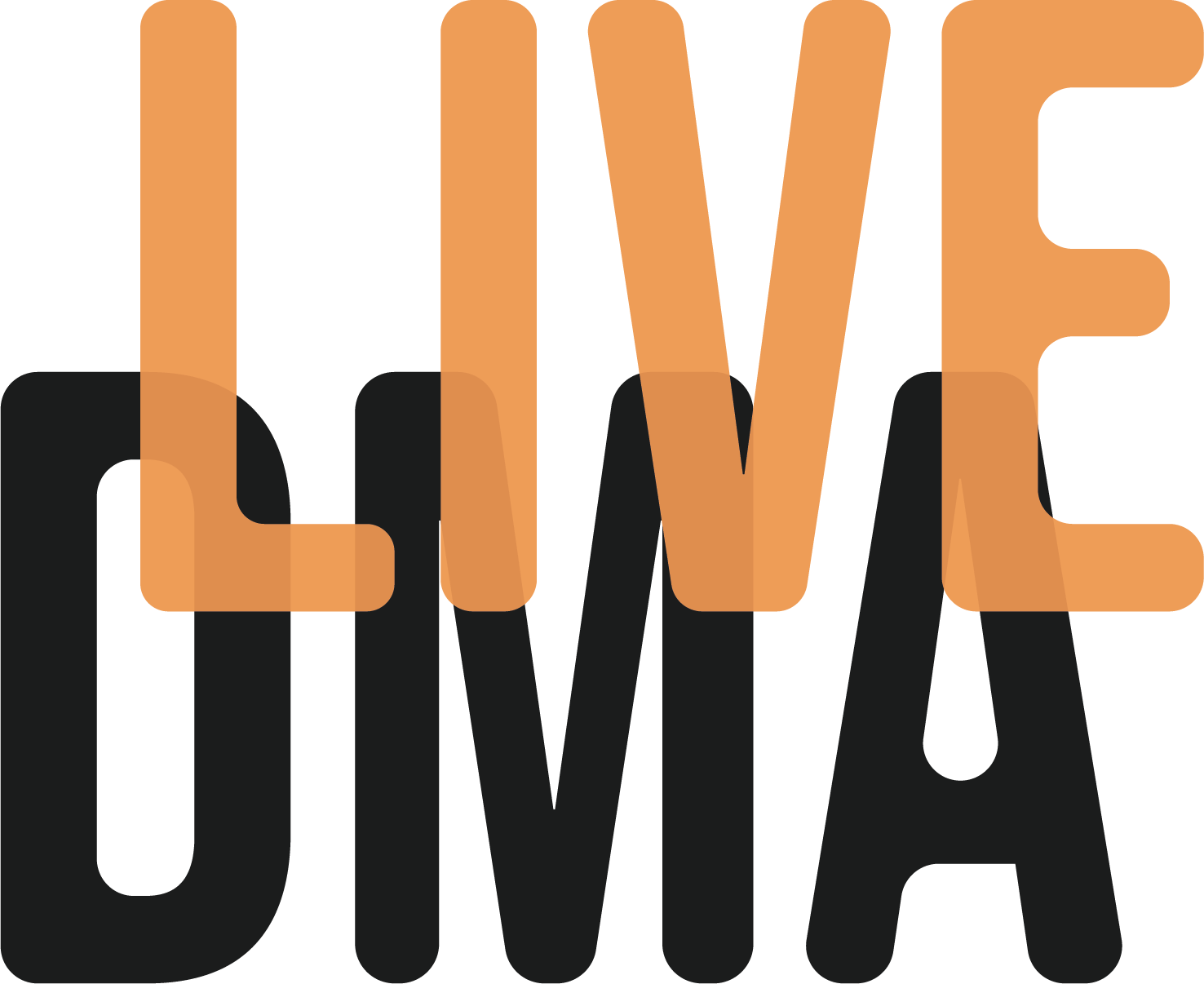At the occasion of the consultation process regarding the future of the Creative Europe programme, Live DMA reaffirms its position and calls for an ambitious programme for the music and cultural sector in Europe:
Live DMA is a European network for live music venues, clubs and festivals. Through 18 national and regional associations from 14 different countries, Live DMA represents currently 2500+ music venues, clubs and festivals.
Live DMA music venues and clubs organise around 380 000 performances with 56 million visitors per year. They are a major contributor to the live music sector in Europe. Small to medium sized venues and clubs are the grassroots of the whole music chain. They are the places where amateur and professional musicians can practice, and where artists start their careers.
Live DMA music venues, clubs and festivals are an important part of our neighborhoods, in both rural and urban areas. They have a strong impact on the local economies, they increase the attractiveness of the cities, the dynamism of rural areas, as they gather locals and visitors in one place.
Live DMA and its members call for an ambitious programme for the music and cultural sector in Europe, with specific actions towards the independent music sector, to answer the following challenges:
1, Artistic diversity relies on economic diversity. The music sector is facing concentration phenomenon of international entertainment companies that endanger the artistic diversity and the mid-sized, non-profit or owner driven music sector.
The new generation of music professionals needs support to grasp this issue outside their local scale, and build an innovative and collective European model, with:
- Specific calls for the music sector to provide joint trainings and cooperation projects to experiment new models.
- Strengthen networks – to facilitate exchanges of knowledge, experiences and skills.
- Improve partnerships between sector and research. Popular music studies exist but need more visibility and coordination at the European level.
2, Artistic circulation in Europe will be sustainable only if we support the stages where these artists can practice and perform (from amateur to emerging artists) with:
- Support to creation via residencies, rehearsal, and professionalization trainings
- Including professional mobility, staff exchanges etc.
3, The sustainability of venues, clubs, young concert organizers or local festivals depends a lot on the evolutions of the social, economic and urban environment. Transversal topics and policies such as cities and rural development, cultural participation, youth, health and disabilities, sustainable development etc. should be included and addressed through:
- Networking, research, resource and professional trainings.
- Structure dialogue with public authorities
In May 2017, the European Commission published a proposal for the future of Creative Europe 2021-2027, with a budget increase. Live DMA welcomes this initiative and wish to contribute to the evolution of the programme with the following comments:
- In line with recent statements shared among the music and cultural sector in Europe,we call the European Institutions and Members States to double the budget for culture and be ambitious in the definition of Creative Europe 2021-2027.
- Facilitate access to funding with specific calls for smaller organisations and emerging artistic scenes with Music Moves Europe programme, and set 80% co-financing rates.
- Freedom of cultural expression and cultural rights as core values for Creative Europe programme.
- Audience Development needs to be addressed in a social dimension (social cohesion) and not as a single market opportunity, for the sake of inclusiveness and European values (democracy, diversity, non-discrimination…).
- Create synergies and cross-overs between culture and other policy fields.
- Develop better data and cultural statistic opportunities. Develop qualitative indicators and encourage partnerships with the research field.
- Create connections with programmes such as Erasmus +, URBACT and cohesion funds (FEDER, LEADER…)
